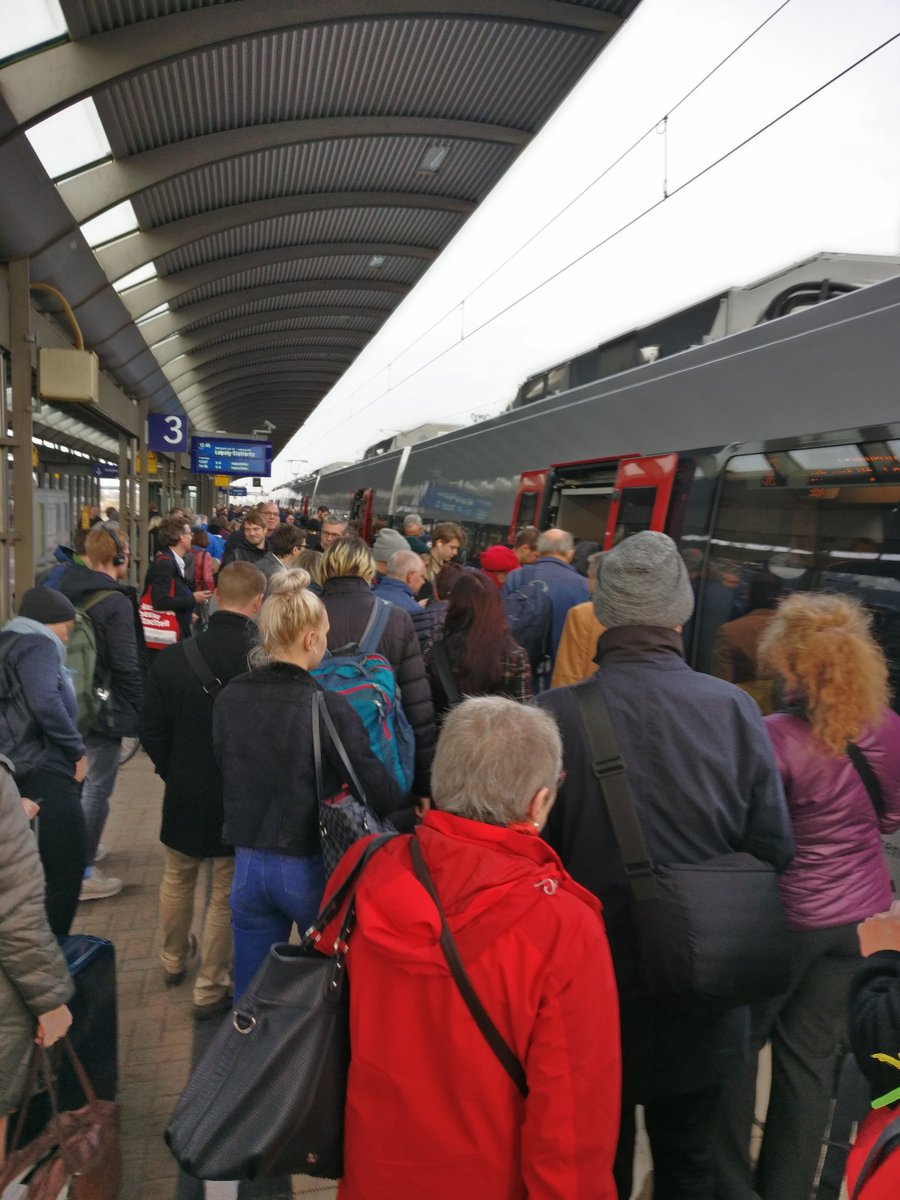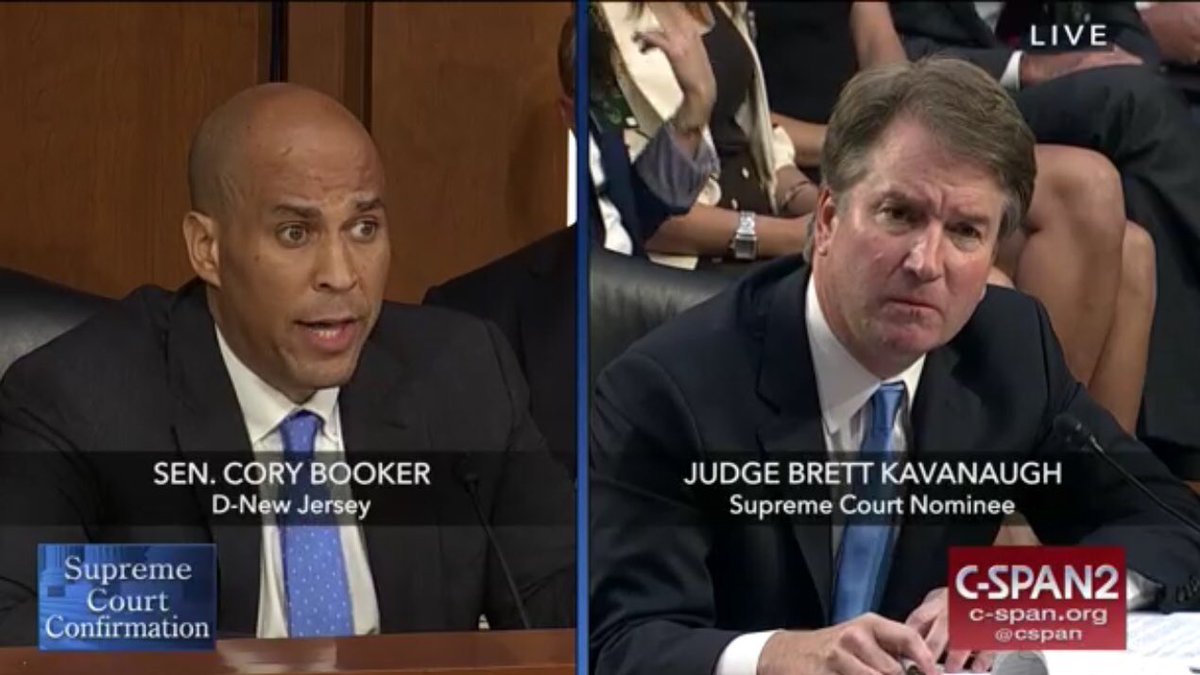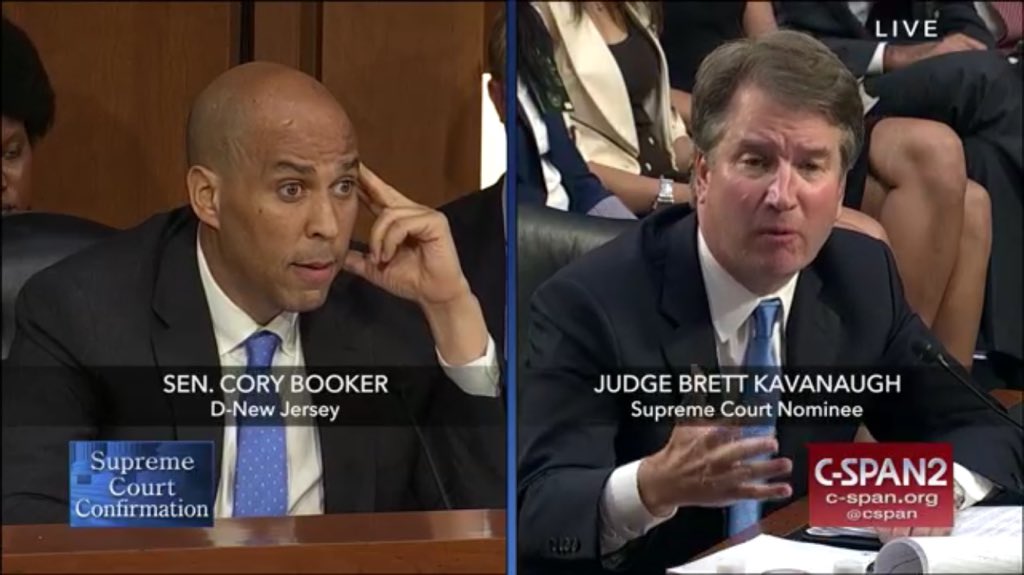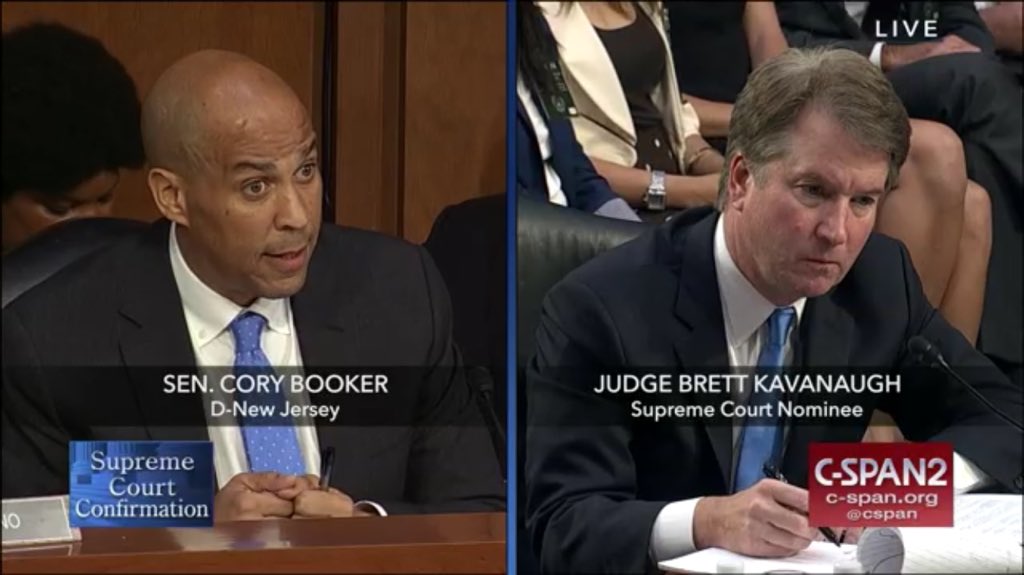Trade was extremely or very important for 61% of voters, at 10th place - below Kavanaugh and above climate change/Russia.
news.gallup.com/poll/244367/to…
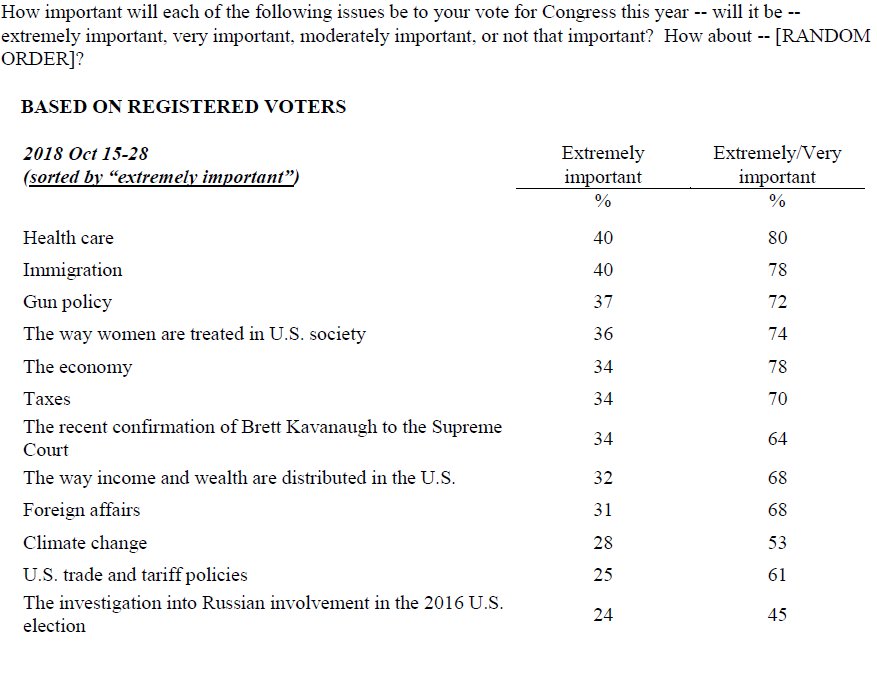
dispatch.com/news/20180612/…
This is consistent with (though doesn't prove) trade being a vote-determining issue in the crucial 18 electoral-vote-state of Ohio, and not with ND's 3.
cnbc.com/2018/09/13/hei…
papers.ssrn.com/sol3/papers.cf…
epi.org/publication/ad…
cambridge.org/core/journals/…
amazon.com/American-Opini…
pnas.org/content/115/19…
osf.io/preprints/soca…
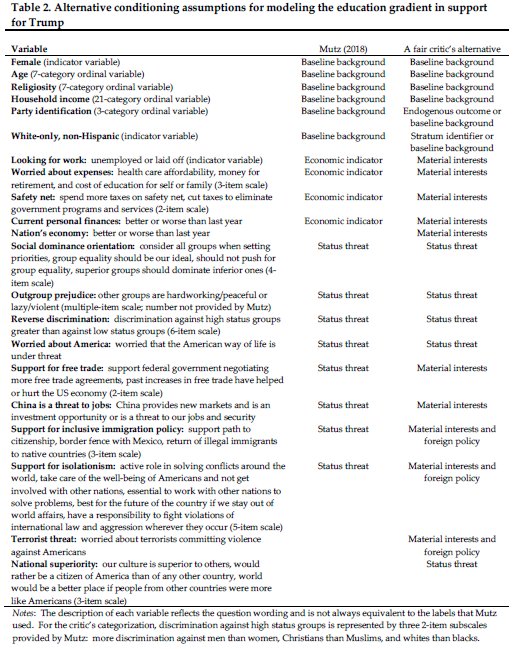
andrewgelman.com/2018/07/01/sta…
cambridge.org/core/journals/…
debbiemucarselpowell.com/issues/#economy
delgadoforcongress.com/blog/issue/job…
lucyforcongress.com/issue/jobs-the…
drive.google.com/file/d/19sKj1p…
phillipsforcongress.org/priorities/job…
drkimschrier.com/issues/trade/
joecunninghamforcongress.com/myvalues
For Democrats, it's about labor versus capital and corporations. (Also, concretely about campaigns' relations with unions.)
We may have a head-to-head matchup of these frames in 2020. END
rooseveltinstitute.org/trade-set-doct…





